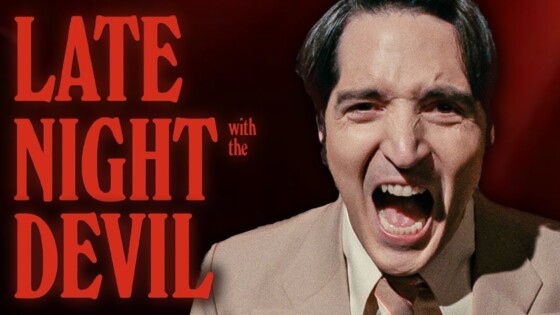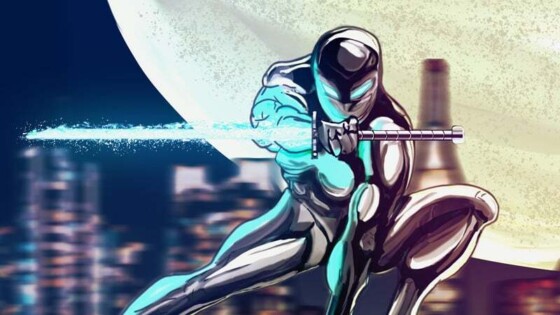I recently watched this documentary on the making of the video game Blasphemous.
Blasphemous was enthralling. It is the only 2d platformer that combined horror and Catholicism in a video game.
Towards the end of the video, one of the game developers shared something profound.
“I’d like us to be, maybe not the best, but the most remembered.”
This statement deeply resonated with me. I watched this entire documentary from the first second to the last. These guys went through the same hell they created in the game. A world of suffering.
They discussed the trials and tribulations of game development, synchronizing visions between two diametrically opposed people. You have a game developer teach himself how to become a CEO / Executive Producer because no one else could do the job. Then there’s the emotionally attached creative director who missed out on a trip to America due to panic attacks caused by the project. Also, let’s not forget the music composer who was sweating down to the wire as he struggled to create the songs that defined the game.
I have felt all of these emotions. The pressure is real.
Their original mockup, like all mockups, wasn’t great. Yet, after putting in the time and effort to build and polish, polish, polish, they eventually got the game out. It wasn’t perfect but goddamn it was incredible.
I have obsessed over the quality of my words without considering if the stories are memorable. You don’t need beautiful lyricism in your writing to be a great author. You just need to know how to tell a gripping tale.
If you ask people who know me, they might tell you I’m a little hard on myself.
I won’t deny what’s true. Yes, I am critical of everything I do. When I make a guest appearance on a podcast, I will re-listen and take notes on everything I did wrong. I analyze what I said, how I said, how many time I repeated myself, and swear to never do it again.
When I write, I re-read what I published and criticize myself for not removing -that scene- or for not doing a better job of polishing dialogue. My friends tell me to stop being so harsh on myself and that what I contributed or written was great and something to be proud of.
I won’t downplay the kind words of my friends because their heart is in the right place. What I’ve realized, is that the criticisms I give myself are what force me to grow. In order for me to contribute the content my peers expect of me, I have to review what I’ve done and use it to learn how to make incremental improvements.
For example, when I returned to The Merry Writer podcast, I made it my own personal mission to reduce the uh’s, umm’s, and ah’s while speaking. I listened to my previous podcast and took notes on what to improve. The criticisms are a way for me to tap into my competitive nature and force myself to become better.
I always choose to challenge myself over doing something that’s easy.
When I tell my wife about my next idea for a book. She listens, shakes her head and says, “Why do you always make things harder for yourself?”
And my anwer is always: “If I make it easy, I won’t get better.”
Throughout the entire process of writing another book, I bitch and complain. Everyday putting down words is an excruciating journey through dead ends and flaccid adventures. I hate the torture of it. I just want to be great . . . now. Yet, when the book, blog, or podcast is all done, I become a little bit better than yesterday.
I invent processes and methodologies to improve my writing speed and reduce the likelihood of running into roadblocks. I invent them, because the challenge I gave myself forced me to figure out a way to win.
A measured dose of self-criticism could go a long way for personal growth.
I don’t expect my books to ever become literary classics. I doubt my name will be mentioned alongside Charles Dickens, Mark Twain, Stephen King, etc. My only goal will be to write stories that people enjoy for years to come. I don’t need to be perfect or to be the best, I only hope to be remembered.




